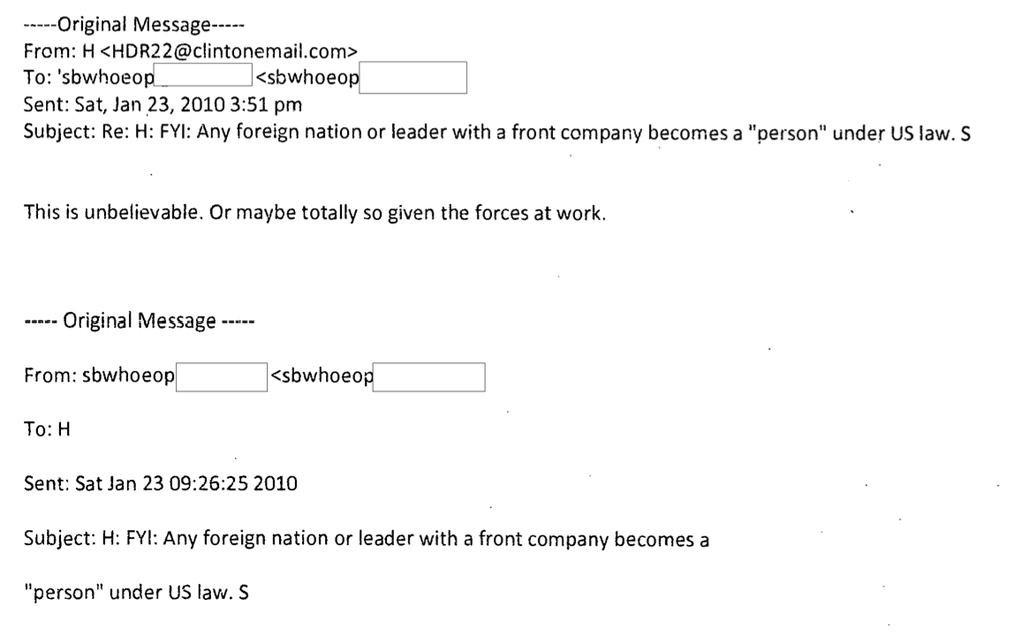In the NVRA case I just mentioned, the Ninth Circuit took the rare step of reassigning a case away from federal district court Robert Jones. (This is not the first smackdown of Judge Jones by the Ninth Circuit). Here’s the discussion from today’s opinion:
D. Reassignment
Plaintiffs have asked, in the event we reverse and remand, that we assign this case to a different district judge. We reassign only in “‘rare and extraordinary circumstances,’” Krechman v. Cnty. of Riverside, 723 F.3d 1104, 1112 (9th Cir. 2013) (quoting United Nat’l Ins. Co. v. R&D Latex Corp., 242 F.3d 1102, 1118 (9th Cir. 2001)), such as when the district court “has exhibited personal bias,” In re Ellis, 356 F.3d 1198, 1211 (9th Cir. 2004) (en banc) (quoting United Nat’l Ins. Co., 242 F.3d at 1118), or when “reassignment is advisable to maintain the appearance of justice.” United States v. Kyle, 734 F.3d 956, 966–67 (9th Cir. 2013) (quoting United States v. Lyons, 472 F.3d 1055, 1071 (9th Cir. 2006)). We reluctantly conclude that we must reassign this case. The errors made by the district judge may suggest to a reasonable outside observer that reassignment “to maintain the appearance of justice” is necessary. The reasons for our conclusion are apparent from what we have written above, and we review them only briefly here. The judge sua sponte sought to limit the effectiveness of representation by insisting unreasonably that only two of Plaintiffs’ chosen out-of-state attorneys be given pro hac vice status. See In re United States, No. 14-70486, 2015 WL 3938190, at *8 (9th Cir. June 29, 2015) (“At minimum, a court’s decision to deny pro hac vice admission must be based on criteria reasonably related to promoting the orderly administration of justice, or some other legitimate policy of the courts.” (citations omitted)). The judge did this despite the plea of Plaintiffs’ Nevada lawyer that he needed the expert assistance of out-of-state counsel who specialize in NVRA litigation, and over the objection of one of the would-be out-of-state counsel that the judge’s ruling would prevent depositions from being taken in Nevada by associates in his firm. The judge’s actions came very shortly after the Ninth Circuit had deemed “troubling” his comments regarding out-of-state counsel in another case involving a different Nevada agency. Henry A. v. Wilden, 678 F.3d 991, 1012 (9th Cir. 2012). Based on this and other cases, a reasonable observer could conclude that the judge’s feelings against out-of-state attorneys are both wellestablished and inappropriately strong. See Great Basin Res. Watch v. United States Dep’t of the Interior, No. 3:13-CV- 00078-RCJ, 2014 WL3697107, at *3 (D. Nev. July 23, 2014) (this same judge expressly stated he would “presume[] that the out-of-state lawyers are unwilling to obey the ethical strictures that govern all other attorneys”). Further, the judge sua sponte and without notice dismissed Plaintiffs’ case based on a motion the State had previously withdrawn, pursuant to a joint stipulation by the parties. Still further, the judge misread the complaint when he concluded that Plaintiffs had failed to allege that they had changed their behavior and had thus suffered no injury, when Plaintiffs had alleged that they had expended additional resources on voter registration as a result of the State’s violation of Section 7. Finally, the judge dismissed the complaint without leave to amend despite Plaintiffs’ explicit request that they be allowed to amend their complaint if the judge found its allegations insufficient.



